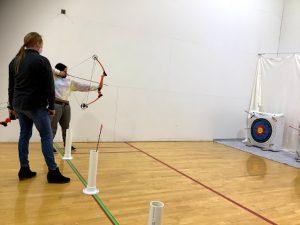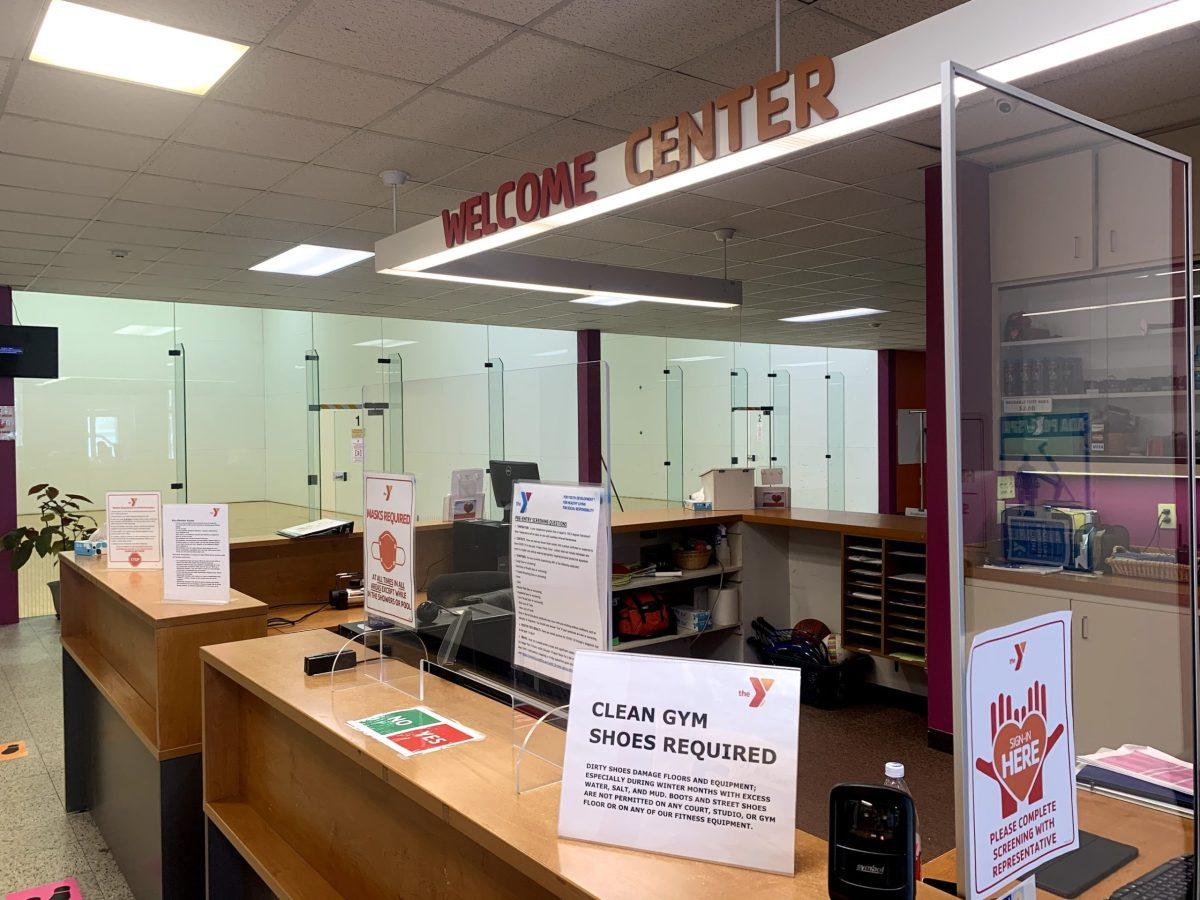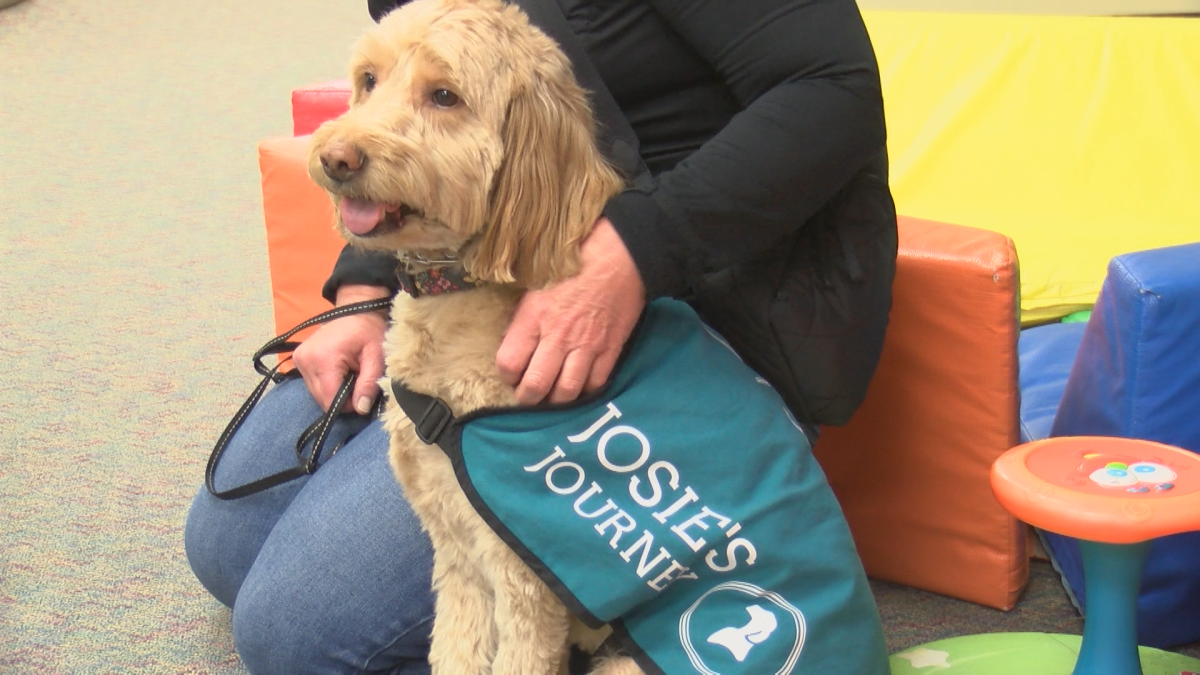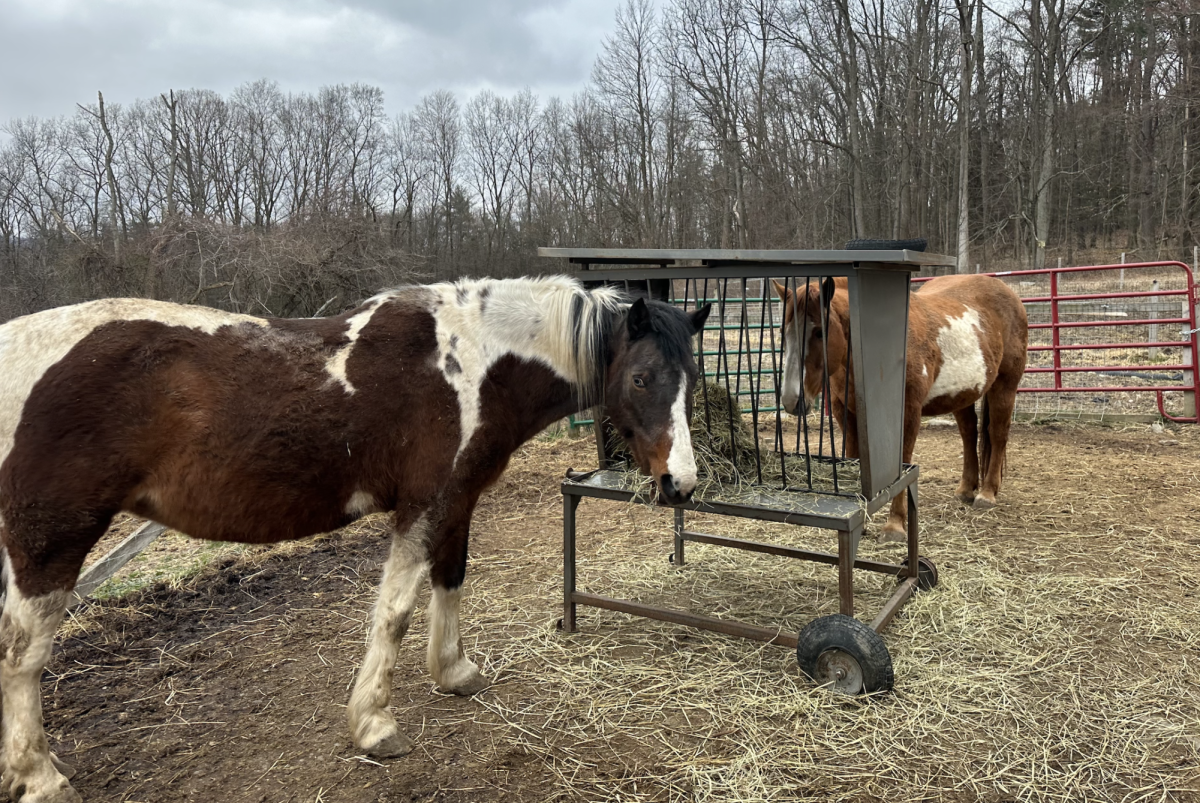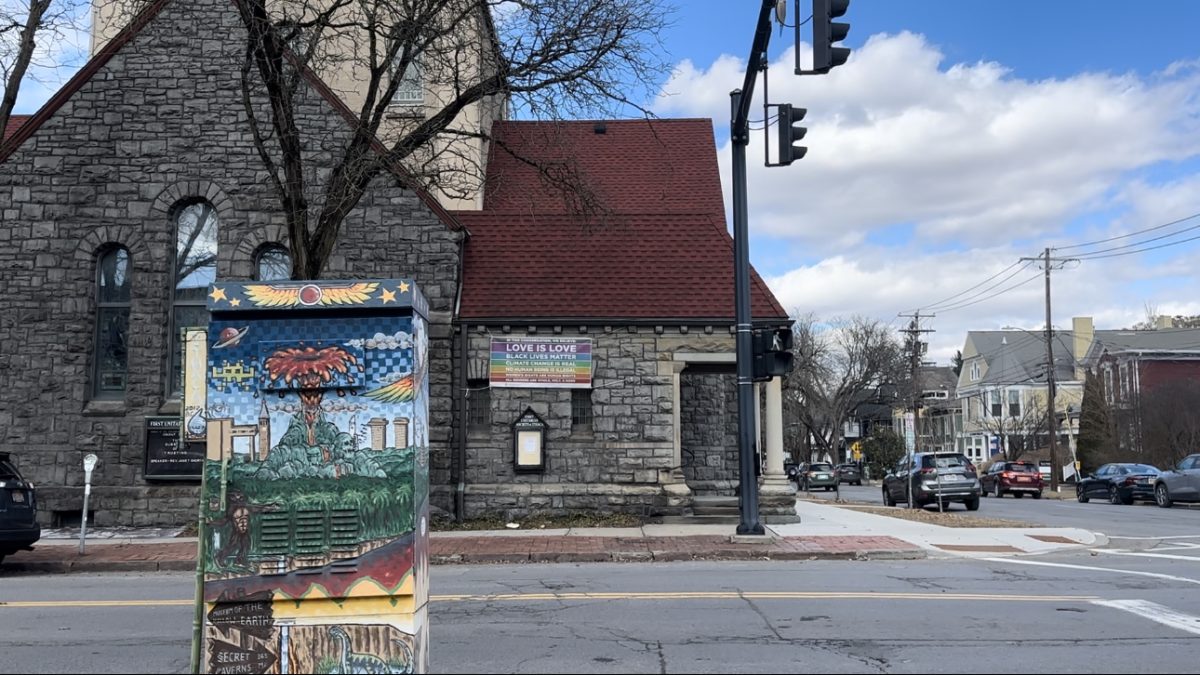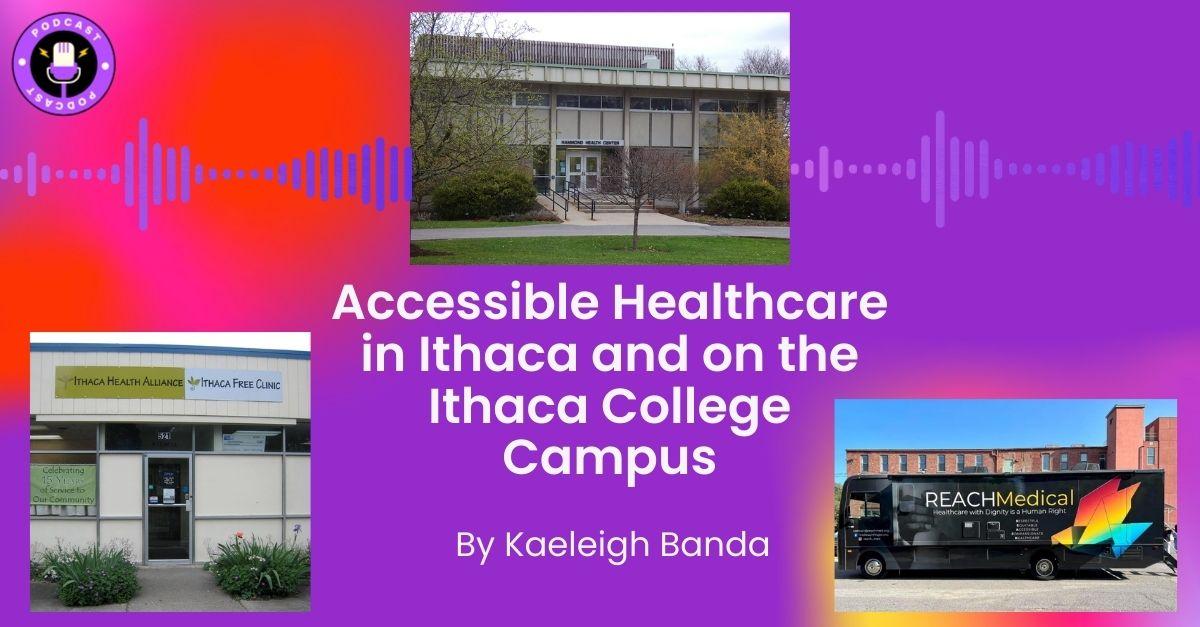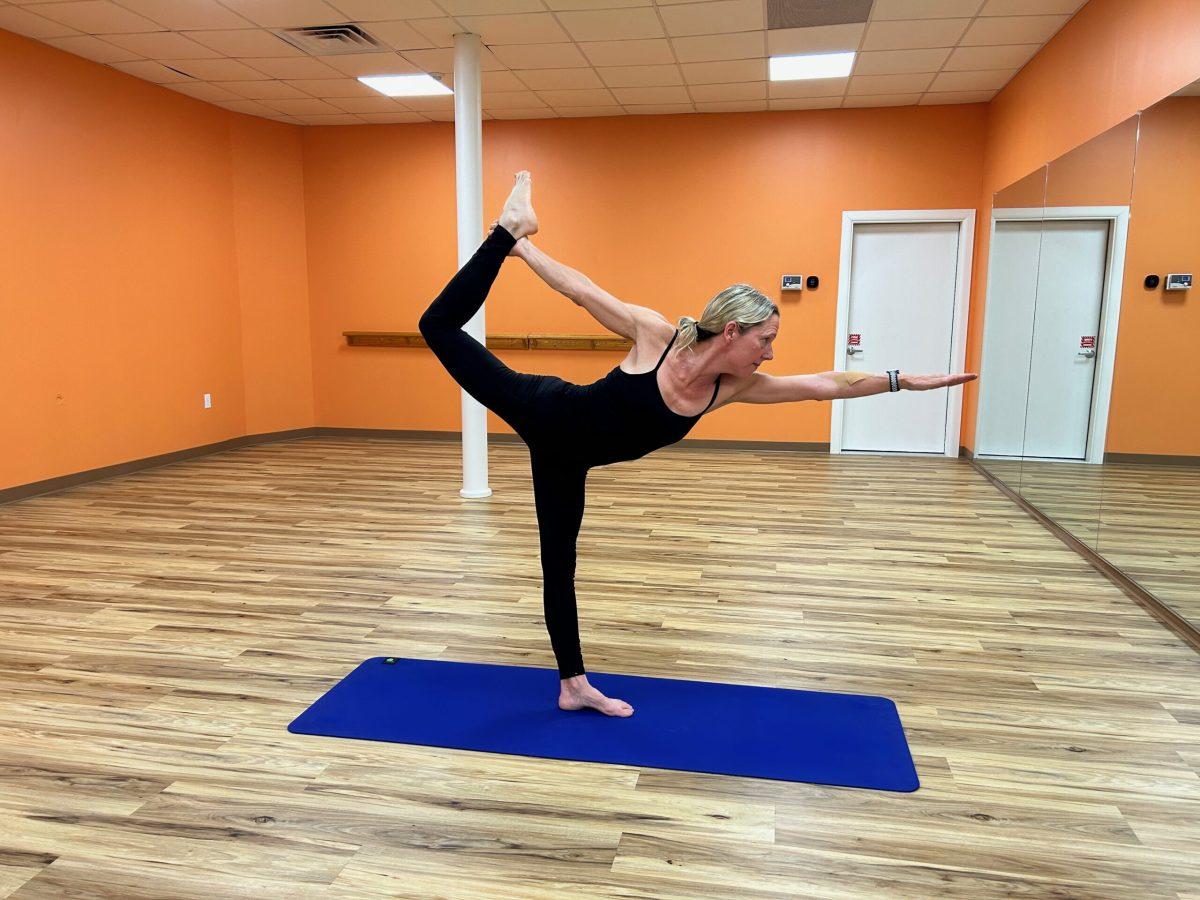The YMCA is a nonprofit organization that helps communities with youth development, healthy living and social responsibility. The YMCA offers programs and facilities for multiple communities across the nation.
YMCA of Ithaca & Tompkins County
Towner oversees YMCA of Ithaca and Tompkins County. He began his career at the YMCA in October of 1994, when he became a volunteer. He was recruited and hired in April of 1995.
Towner said he wanted to be in leadership since starting at the YMCA and in November of 2011, he became the CEO.
Since COVID-19, membership numbers at the YMCA have dropped drastically, according to Towner.
As of March 2020, the YMCA had 3,540 members and 141 employees before it closed on March 15. They also had a $2 million operating budget.
As of March 2021, 1,541 members, 27 employees and the budget is $866,000.
Usually at this time of year, the YMCA would see 350-400 people a day, according to Towner, but now the YMCA only sees around 200 people a day at their facility.
“It’s been a devastating reality for us at the YMCA,” Towner said.

New York Alliance advocacy
The YMCA Alliance of New York State YMCAs represents YMCAs across New York State. The YMCA Alliance of New York State YMCAs lobbies in Albany for YMCAs across New York State to raise their capacities.
The YMCA worked closely with the New York State Department of Health, local department of health, and the hospital to take proper COVID-19 procedures when reopening.
“It’s not happening here,” Towner said. “People may come here with it or pick it up somewhere else, but it’s not happening here.”
Rob Totaro is the Associate Director of Member Advancement with the Alliance of New York State YMCAs and has been involved with YMCA for 12 years. Totaro has been working with Towner directly for about two years now. Totaro’s job is to build YMCA’s across New York state and he is part of the advocacy efforts to raise the capacity for YMCAs across the state as well.
Why the YMCA should increase their capacity
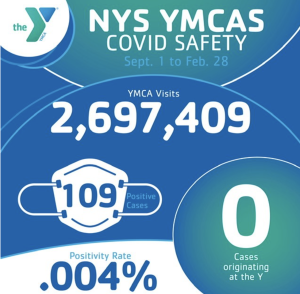
The YMCA has plenty of space compared to smaller fitness centers, so Totaro said he believes the capacity should be 50%.
“The heart of the issue is that Y’s (YMCAs) have gone above and beyond to ensure that they can keep their communities safe,” Totaro said. “And I think when we start looking at the opportunity cost of not having programs in place anymore because we can’t fit them into our facilities or we can’t fit them into the capacity restrictions, there’s really going to be some major health consequences that we’re gonna see.”
Totaro said with these restrictions obesity and mental health become a problem.
“We’re not meant to be isolated from one another,” Totaro. “We’re people who need to be around people and that’s one of the things YMCA’s so great because they bring together so many different groups in their community in order to have a safe place to come together.”
Totaro emphasized how all YMCA’s are safe places to go to and that COVID-19 numbers are not being spread at the YMCA.
“As membership continues to dwindle, we’re really gonna struggle to do the work that the community is asking us to do,” Totaro said.
